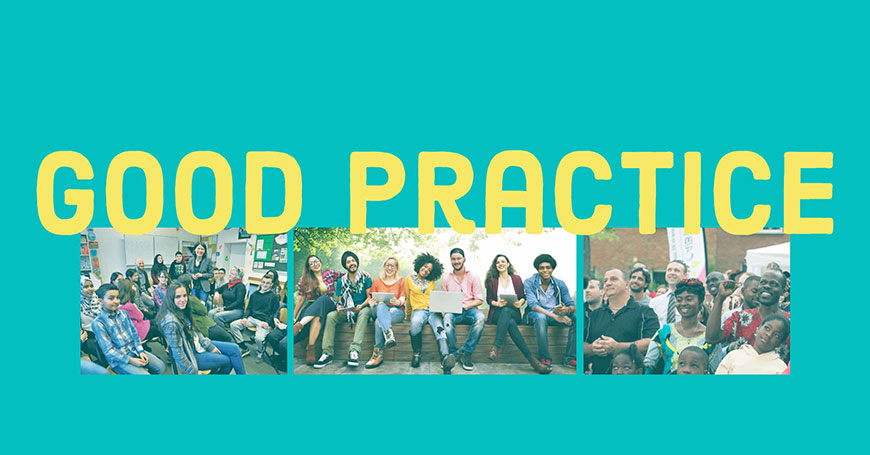Intercultural cities: good practice examples

The first step is the adoption (and implementation) of strategies that facilitate positive intercultural encounters and exchanges, and promote equal and active participation of residents and communities in the development of the city, thus responding to the needs of a diverse population. The Intercultural integration policy model is based on extensive research evidence, on a range of international legal instruments, and on the collective input of the cities member of the Intercultural Cities programme that share their good practice examples on how to better manage diversity, address possible conflicts, and benefit from the diversity advantage.
This section offers examples of intercultural approaches that facilitate the development and implementation of intercultural strategies.
Opening Doors: The Logan Police/Ethnic Communities Partnerships Project
Building trust between police and ethnic minority communities Logan City was growing rapidly and overseas migration and there was concern that levels of trust between young migrants and the Police...
Neighbourhood Pacts
Purpose: The goal of this initiative is to adopt consultative and participatory methods with all residents, users and property owners, in order to develop a strategic plan of the City for physical,...
The value of a city Integration Charter
Erlangen sets out its values and principles The City of Erlangen is becoming more and more multicultural and, today, about the 34% of its inhabitants have a migration background. In order to...


